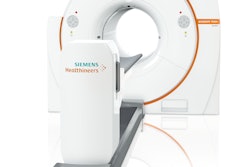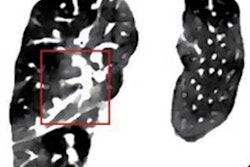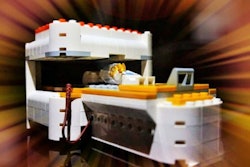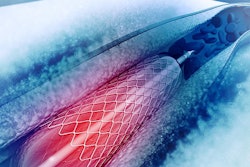Dear AuntMinnieEurope Member,
The availability of affordable and clinically useful handheld devices has transformed ultrasound practice over recent years, but they've really come into their own over the past few months. These machines are easier to disinfect than cart-based systems, and they avoid the need to transport COVID-19 patients across the hospital. The application of artificial intelligence (AI) in this area is having a major impact too.
There are risks, however. The low price tag means more nonspecialists are using this operator-dependent modality, and the growing prospect of many scans being performed at home is another concern. Don't miss our in-depth feature on this fast-changing market.
Adaptability has been an essential quality to work effectively during the pandemic, according to senior French radiologist Dr. Robert Lavayssière. He's provided an update on his team's experiences from the COVID-19 front line. Find out more in the CT Community.
Details emerged earlier this week about how an error involving a CT scan appears to have contributed to the death of a patient in the east of England. The inquest proved extremely revealing, and the evidence emphasizes how easily serious mistakes can occur.
Meanwhile, a new multicenter study involving 166 women has found that image-guided biopsies performed after breast cancer patients have been treated with neoadjuvant chemotherapy can predict the presence of residual cancer, potentially avoiding the need for surgery.
Also in the Women's Imaging Community, you'll find a report about how most respondents in a recent Dutch survey indicated they weren't comfortable yet with only a deep-learning algorithm interpreting their screening mammograms. Instead, they would prefer for AI to be used as a second reader.



















